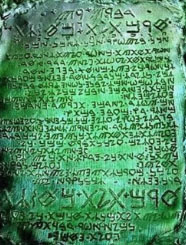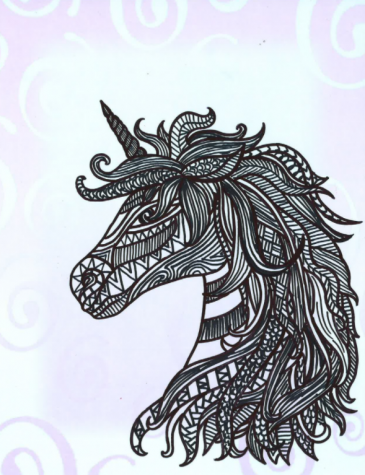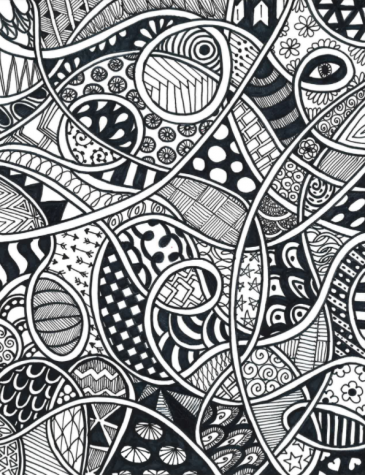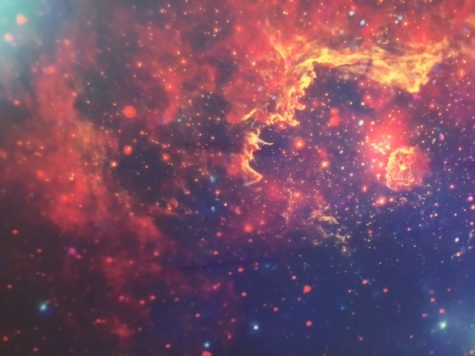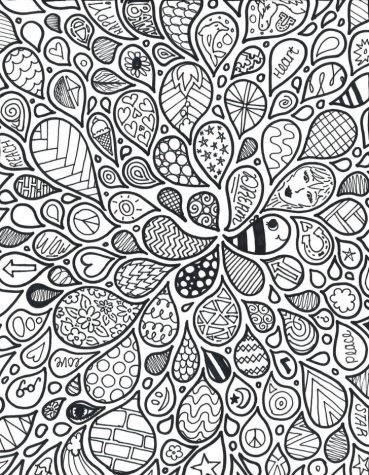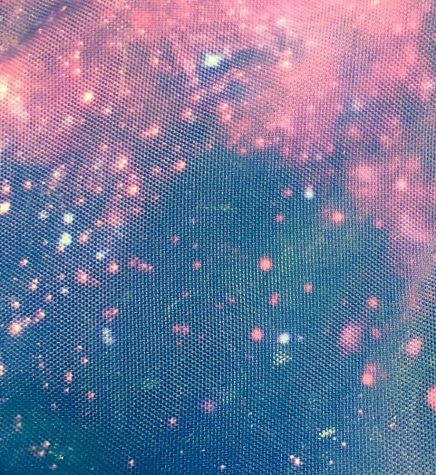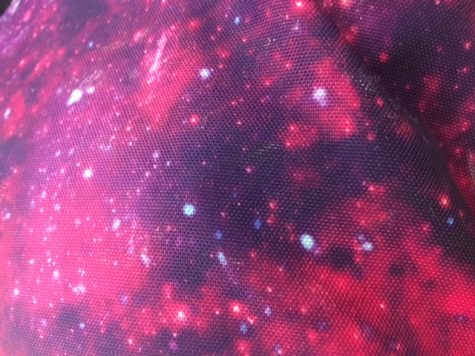Alchemy Has Misconceptions, Too
A common misconception about science that stretches back over the ages.
When the word “alchemy” is mentioned, most people usually think of sinister laboratories and old guys in creepy black robes obsessed with the Philosopher’s Stone, the Elixir of Life or turning metal into gold. This ideal, unfortunately, is absolutely untrue. So why are there so many misconceptions about this science that hundreds of men and women have dedicated their entire lives to? The simple answer is this: modern misconception. These ideals that people originally held have been twisted over the years.
The dictionary definition of alchemy is, “the medieval forerunner of chemistry, based on the supposed transformation of matter; it was concerned particularly with attempts to convert base metals into gold or to find a universal elixir.” So, in fact, as opposed to the belief of “wizardry” or “sorcery,” alchemy is a very primitive version of chemistry, without the understanding of the atomic level. As many sophomores high school can attest, chemistry is hard. For early man to be able to have even some of the concepts of it without microscopes or even a modern periodic table as early as 1900 BC is incredible.
The ancient Greek king Hermes Trismegistus is considered to be the “founder of art” as we know it. Although he was celebrated as wise beyond anyone else, many of the alchemical works attributed to him were destroyed by Emperor Diocletian in the third century A.D. Some of his works, such as the Emerald Tablet, the Asclepian Dialogues and the Divine Pymander survived, and would later become the basis for early Chinese alchemy.
The ideas and concepts developed through alchemy are the basis for modern chemistry. Without them we would have a much lesser knowledge of how the world works.

Her favorite quote is "She wasn't looking for a knight, she was looking for a sword." - atticus.

